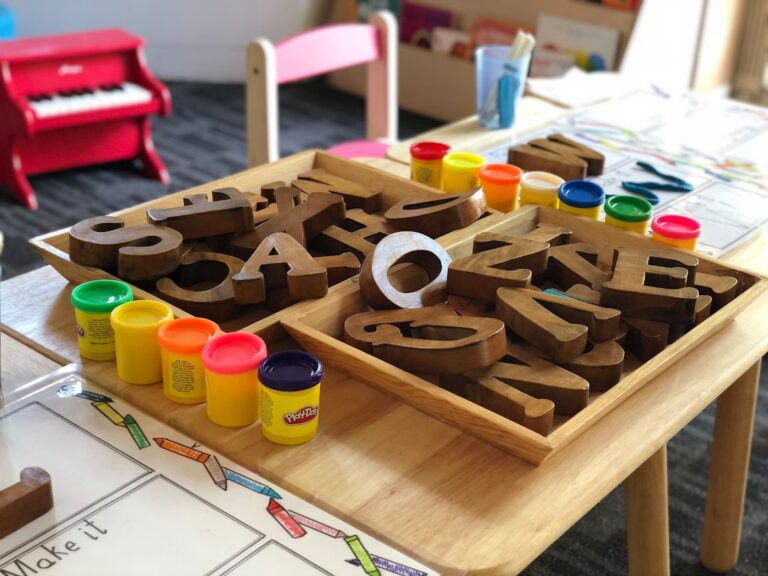“Navigating the complex legal landscape surrounding daycare abuse can be daunting, but with the right guidance, justice is within reach. If you’re in Missouri and seeking a skilled daycare abuse attorney, understanding your rights and options is crucial. This comprehensive guide explores key aspects of daycare abuse law, helps you choose the ideal lawyer for your case, outlines the legal process, and provides support for survivors. Discover how an experienced daycare abuse lawyer in Missouri can make all the difference.”
Understanding Daycare Abuse Law in Missouri

In Missouri, the laws surrounding daycare abuse are designed to protect children and ensure their safety in supervised care settings. If your child has experienced harm or neglect while under the supervision of a daycare provider, it’s crucial to understand your legal rights. A skilled daycare abuse lawyer Missouri can guide you through the complexities of these laws, helping you pursue justice and compensation for the suffering of your child.
Missouri law requires daycare centers to maintain specific standards of care, including proper staffing ratios, safe facilities, and trained staff. Any deviation from these standards that results in injury or emotional distress to a child may constitute negligence. A daycare abuse lawyer Missouri can assess the specifics of your case, review relevant laws, and determine whether legal action is warranted against the daycare facility, its employees, or both.
Choosing the Right Daycare Abuse Lawyer

Choosing the right daycare abuse lawyer in Missouri is a crucial step in ensuring justice for your child and holding accountable those responsible. Look for an attorney with extensive experience handling daycare abuse cases, as this specialized knowledge will be invaluable. Experience matters; a lawyer who has successfully prosecuted similar cases before can offer insights into what to expect and how best to navigate the legal system.
Additionally, consider an attorney who is empathetic towards your situation and committed to fighting for your child’s rights. The best daycare abuse lawyer in Missouri will not only have deep understanding of state laws but also be sensitive to the emotional toll this experience can take on families. They should offer clear communication, regular updates, and a dedicated team to support you throughout the legal process.
The Legal Process for Daycare Abuse Cases

When a child suffers harm while in daycare, it’s crucial to understand the legal process that follows. In Missouri, a skilled daycare abuse attorney will guide parents or guardians through this intricate system. They first gather evidence, including medical records, witness statements, and any relevant surveillance footage. This step is vital as it forms the backbone of the case.
Next, the attorney files a lawsuit against the daycare center, seeking compensation for the child’s injuries. This legal action aims to hold the responsible party accountable and ensure the victim receives the necessary support. As the case progresses, both parties present their arguments and evidence in court, ultimately leading to a judgment or settlement. A knowledgeable daycare abuse lawyer in Missouri will navigate this process, ensuring the rights of the child and their family are protected throughout.
Supporting Survivors of Daycare Abuse

Survivors of daycare abuse often face a challenging road ahead, both emotionally and legally. If you or someone you know has experienced such an ordeal in Missouri, it’s crucial to connect with a skilled daycare abuse lawyer. These professionals are equipped to provide the necessary support and guidance, helping survivors navigate complex legal systems while ensuring their rights are protected.
A daycare abuse lawyer in Missouri can offer invaluable assistance by thoroughly investigating the case, gathering evidence, and advocating for justice. They understand the trauma that can result from such incidents and approach each case with compassion and expertise. Their goal is to secure accountability for the offenders and deliver a sense of closure to survivors while ensuring their long-term well-being.






